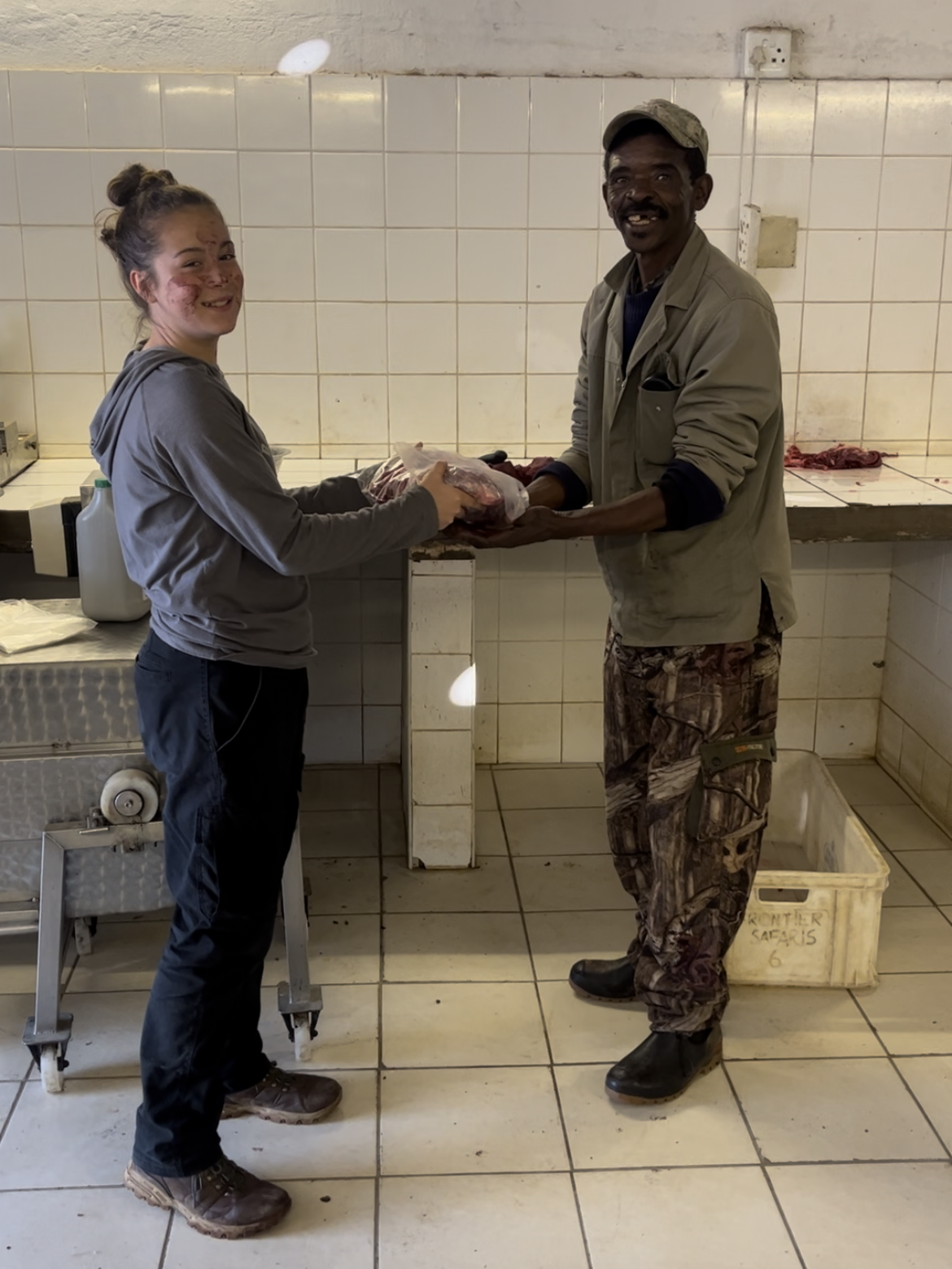
Introduction Into the Controversy of Hunting in Africa:
Hunting in Africa has long been a topic of discussion, often sparking debates about its ethical considerations and impact on wildlife. However, when managed responsibly, hunting plays a significant role in benefiting conservation efforts, local economies, and overall sustainability. Let’s delve into the multifaceted benefits that responsible hunting brings to the African continent.
Conservation and Habitat Preservation:
Hunting, when conducted sustainably and under strict regulations, can contribute to conservation efforts. Well-managed hunting programs often involve habitat preservation, anti-poaching measures, and the protection of wildlife populations.
Wildlife Population Management:
Carefully regulated hunting helps in controlling wildlife populations in certain areas. For instance, controlled hunting of specific species can prevent overpopulation, which can lead to habitat degradation, competition for resources, and ultimately harm the ecosystem’s balance. It enables wildlife managers to maintain healthy populations that are in harmony with the available habitat.
Economic Benefits and Community Development:
Hunting tourism contributes significantly to local economies across Africa. Revenue generated from hunting safaris supports employment opportunities, infrastructure development, and community-based conservation initiatives. Local communities often benefit from job creation in guiding, hospitality, and related services.
Hunting in Africa Preserves Cultural Heritage:
Hunting holds cultural significance in many African communities, where traditional hunting practices are deeply rooted in heritage and rituals. When managed sustainably, hunting helps preserve indigenous knowledge, cultural practices, and a connection to the land, fostering a sense of identity and pride among local populations.
Incentive for Conservation and Anti-Poaching Efforts:
Legal hunting provides incentives for local communities and landowners to protect wildlife and their habitats. It creates a tangible value for wildlife by showing that they can be an economic asset when conserved sustainably. Moreover, hunting areas often have anti-poaching measures in place to safeguard game populations, deterring illegal activities that threaten wildlife.
Hunting in Africa Promotes Scientific Research and Monitoring:
Hunting programs often contribute to scientific research and monitoring initiatives. Explicitly through hunting quotas, wildlife officials gather valuable data on population dynamics, age structures, and health status of targeted species, which aids in making informed conservation decisions.
Conclusion:
Responsible and sustainable hunting practices in Africa can bring about a range of benefits, including conservation of wildlife and habitats, economic growth, community development, and preservation of cultural heritage. However, it’s crucial that hunting activities are well-regulated, guided by ethical principles, and aligned with conservation goals to ensure the long-term health of Africa’s ecosystems and wildlife.